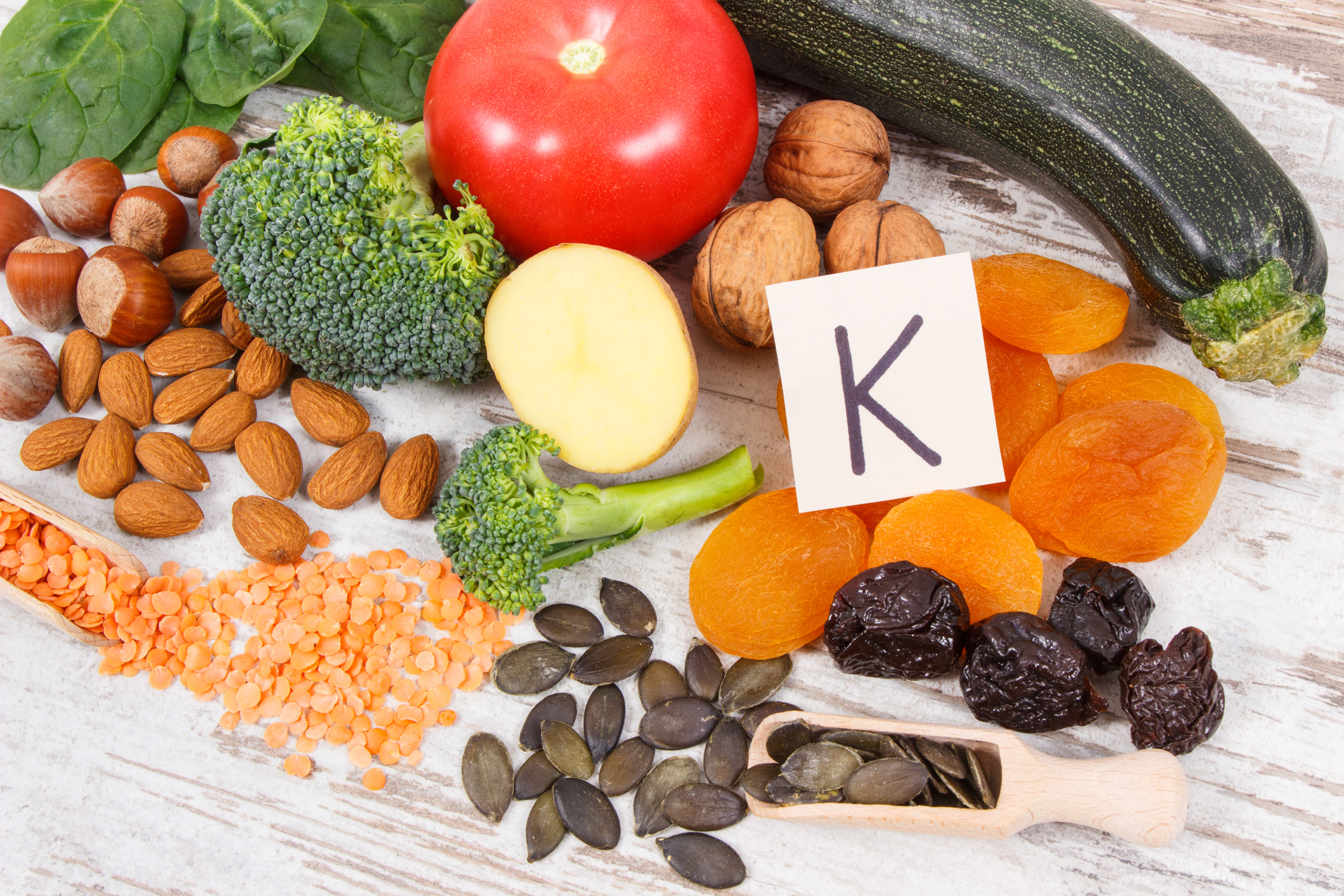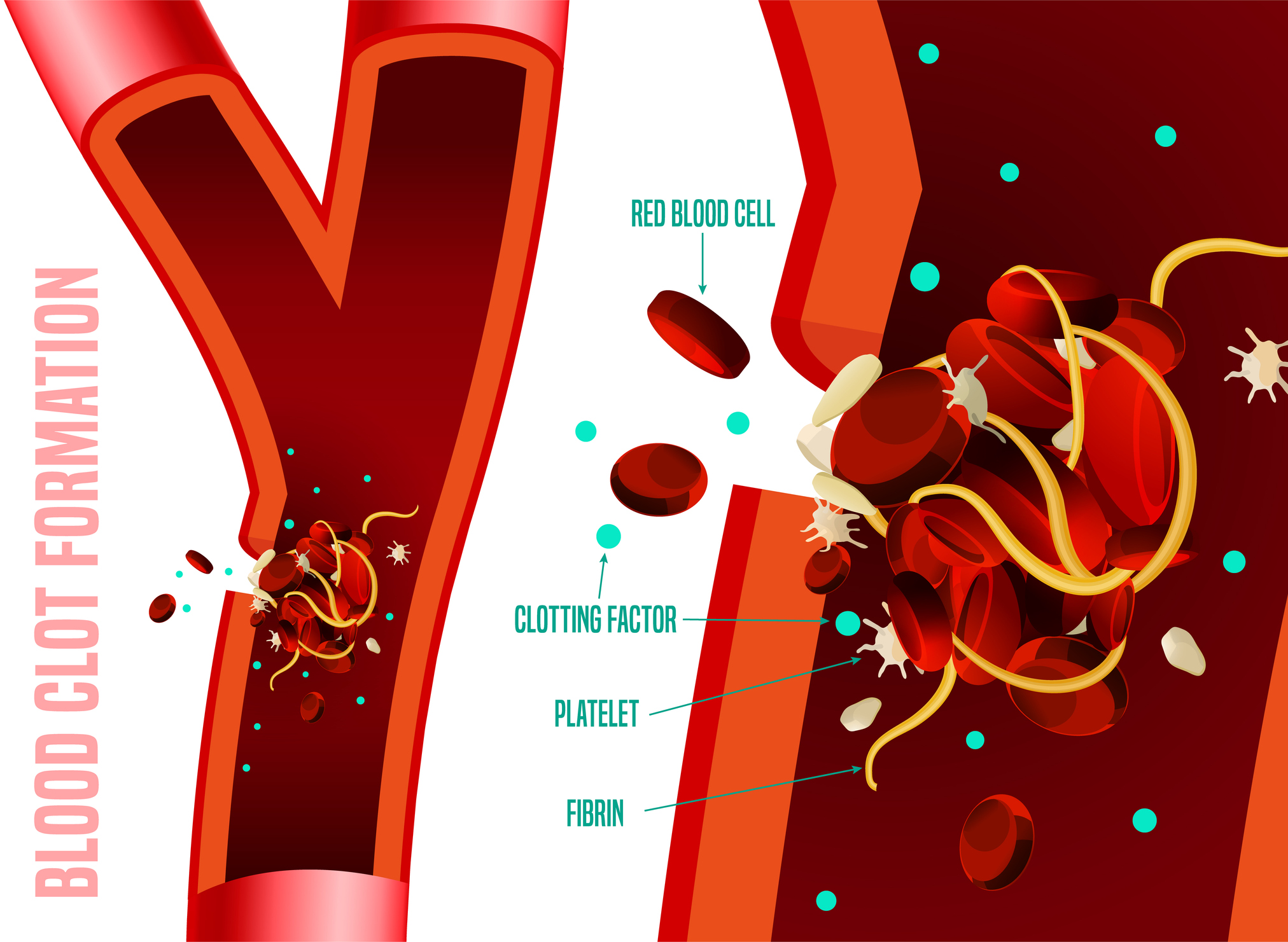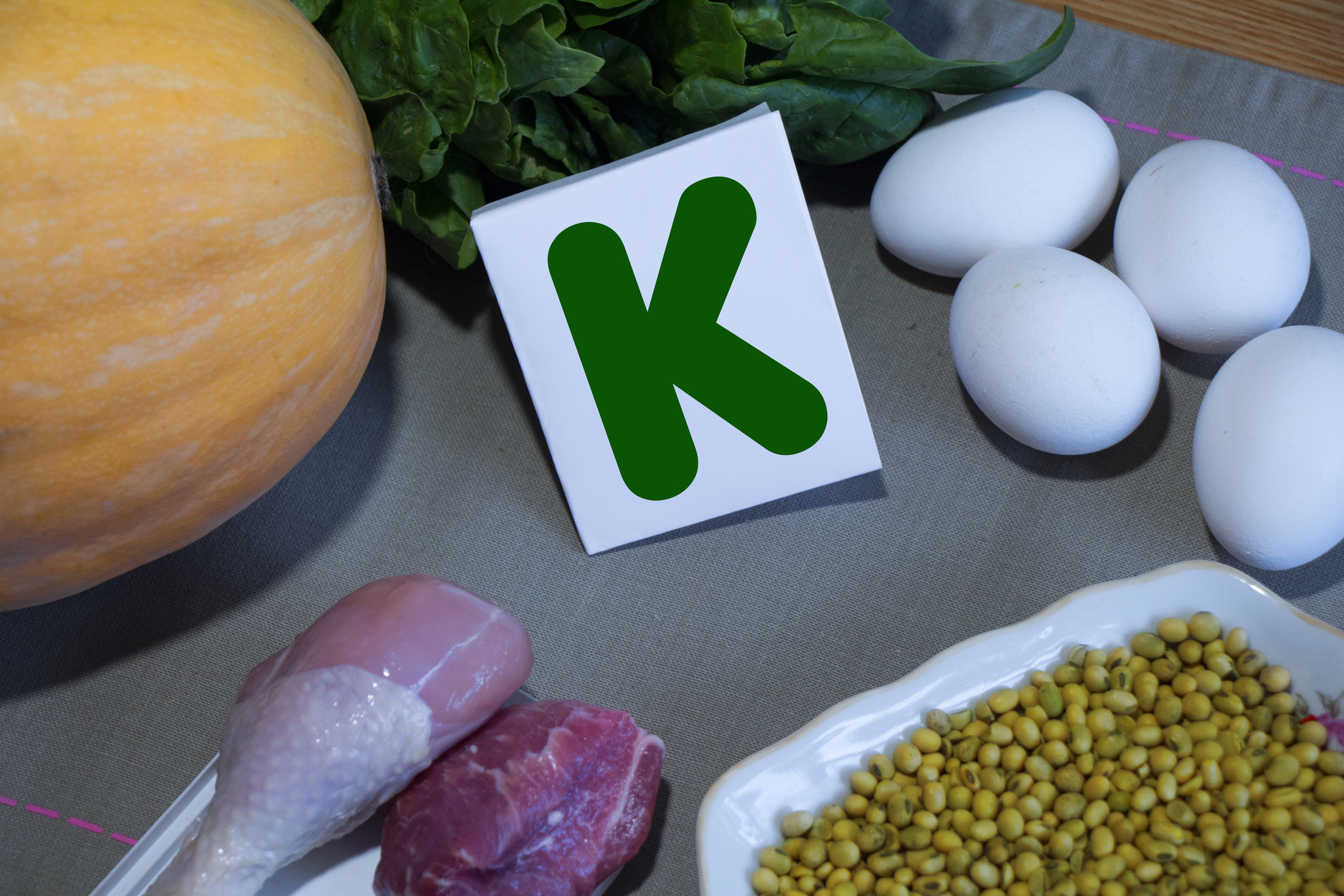Vitamin K Boosts Immunity Bone Health and Athletic Performance

Thinking about the wide range of vitamins needed in our diet, vitamin K rarely crosses our mind. In fact, many health-conscious people don’t even know that it exists. Vitamin K is essential for our overall health. It’s also important for prevention and immunity, especially for athletes who are exposed to injury. Let’s take a look at the key reasons why vitamin K is so important.
Vitamin K is present in the form of fat-soluble vitamins. The nutrient has several functions:
- Forming blood clots
- Regulating calcium levels
- Bone production and metabolism
- Blood sugar levels
Vitamin K is formed in a range of compounds. The most common “K” nutrients that we need are vitamin K1 and K2.

Vitamin K1 – This is mostly sourced from plant-based foods such as leafy greens or other vegetables rich in green colour. Vitamin K1 is mostly needed for forming blood clots and boosting our defenses.
Vitamin K2 – This is mostly found in foods such as dairy, fermented products, and animals. Foods include meats, eggs, and cheese. Vitamin K2 is essential for maintaining good bone health.
Vitamin K and Blood Clots
During the current pandemic situation we face, it’s imperative that we keep our immunity strong in a variety of ways. One of these ways is prevention. Vitamin K is needed in our diet to conceal wounds and prevent excessive bleeding. This also boosts our immunity by covering any exposure to infection.
Vitamin K is needed to produce a protein called prothrombin. This protein is required to stimulate a response for forming blood clots. Vitamin K helps produce four of the 13 proteins that conceal cuts. Without prothrombin, clotting time is reduced. This causes more bleeding, leading to a loss of nutrients and water and exposing us to pathogens.
Low levels of vitamin K can also be dangerous for internal bleeding. For example, athletes who suffer from blunt force can be subject to hemorrhage beneath the skin (bruising). Proteins produced by vitamin K are also needed to prevent internal wounds bleeding excessively. Internal bleeding can be fatal as it leads to pooling.
Although vitamin K doesn’t produce antibodies to fight viruses directly, it certainly provides immunity for the front-line defenses we need.

Vitamin K for Bone Health
We all know that calcium and vitamin D play a big role in maintain healthy bones. Vitamin K also plays a vital role in bone metabolism, almost like a messenger for its needed functions.
Vitamin K2 produces a protein called osteocalcin. This protein binds calcium to bones to help maintain healthy bone mineral density. Without osteocalcin, calcium wouldn’t be able to be absorbed from the bloodstream and perform its function. Therefore, vitamin K2 is needed in everybody’s diet to form and repair bones and maintain homeostasis.
According to the Royal Osteoporosis Society, people who have higher levels of vitamin K in their bodies possess higher bone density. People with lower levels of vitamin K are prone to conditions such as osteoporosis and suffer from bone fractures a lot more easily from having weaker joints and bones. This is a result of calcium being insufficient in the body.
It’s essential for athletes and fitness enthusiasts who play contact sports to have a diet rich in vitamin K. Although it’s important to perform strength training for muscle endurance, it’s also necessary to maintain strong bone structure from eating the right nutrients. Poor levels of vitamin K will increase the risk of fractures and joint and ligament injuries and will affect performance in the gym. Lastly, a diet poor in vitamin K can lead to easy bruising, swelling, and bleeding from sports performance, increasing the need for recovery time.

Vitamin K and Heart Health
Vitamin K supports blood circulation and helps prevent heart disease.
As mentioned, osteocalcin is responsible for absorbing calcium for cellular activity. This prevents deposits of the mineral from building up in the bloodstream and sticking to the walls of blood vessels and arteries.
Keeping vitamin K consistent in our diet keeps our passages clear and allows the heart to pump oxygenated blood less strenuously and more effectively, keeping us sharp and alert for general health and performance.
5 Food Sources Rich in Vitamin K1
 1. Spinach
1. Spinach
- 493.6 mcg (micrograms) per 100 g
- 411% of your daily value
- Approximately 25 g per day = 100% DV
2. Green Collards
- 437.2 mcg (micrograms) per 100 g
- 364% of your daily value
- Approximately 35 g per day = 100% DV
3. Kale
- 419 mcg (micrograms) per 100 g
- 349% of your daily value
- Approximately 34 g per day = 100% DV
4. Brussels Sprouts
- 177.3 mcg (micrograms) per 100 g
- 148% of your daily value
- Approximately 50 g per day = 100% DV
5. Broccoli
- 419 mcg (micrograms) per 100 g
- 120% of your daily value
- Approximately 80 g per day = 100% DV
5 Food Sources Rich in Vitamin K2
- Natto: 1035 mcg (micrograms) per 100 g
- Cheese: 56 mcg (micrograms) per 100 g
- Milk (3.5%): 38 mcg (micrograms) per 100 g
- Eggs: 15 mcg (micrograms) per 100 g
- Chicken Breast: 8.5 mcg (micrograms) per 100 g

Vitamin K Deficiency
Vitamin K deficiency is rare in adults, considering the number of foods that contain the nutrient. People who are subject to deficiency are generally those who exclude green vegetables from their diet. Other factors that contribute to deficiency are excessive caffeine, alcohol, or various types of prescription drugs. People who are prescribed blood thinners may be advised to eat vitamin K to counteract the effects of some drugs. Any of these factors can affect the absorption of the vitamin for cellular activity.
3 Risks Associated with Vitamin K Deficiency
Excessive Blood Loss – Blood is our life fuel. It keeps us hydrated and transports nutrients around our body. Frequent bleeding can lead to an array of health complications, including liver, kidney, heart, and brain disease.
Osteoporosis – The initial symptoms of osteoporosis are back pain, joint pain, and general weakness. Biomechanical issues can lead to fractures, organ dysfunction and mental health disorders.
Heart Disease – When calcium deposits build up in the bloodstream, it increases the risk of heart disease. The plaque that builds up on the walls of blood vessels and arteries can eventually break off and cause bleeding. Clots that form on the walls of vessels stop the flow of blood to the heart and result in a heart attack. Although we are advised to keep foods such as milk and cheese to a minimum, it’s also important to have adequate levels of vitamin K to absorb them from our bloodstream for prevention.
Scientific References: Harvard School Of Public Health: Vitamin K The Royal Osteoporosis Society: Further Food Facts and Bones ACSM: Vitamin K, Osteoarthritis, and Athletic Performance Invite Health: Vitamin K: A Powerhouse NutrientAbout the Author
 Ben Walker is the owner and a fitness specialist at Anywhere Fitness. He’s a successful entrepreneur in the UK and Canada with a passion for physical and mental health and a true passion for nutrition.
Ben Walker is the owner and a fitness specialist at Anywhere Fitness. He’s a successful entrepreneur in the UK and Canada with a passion for physical and mental health and a true passion for nutrition.

